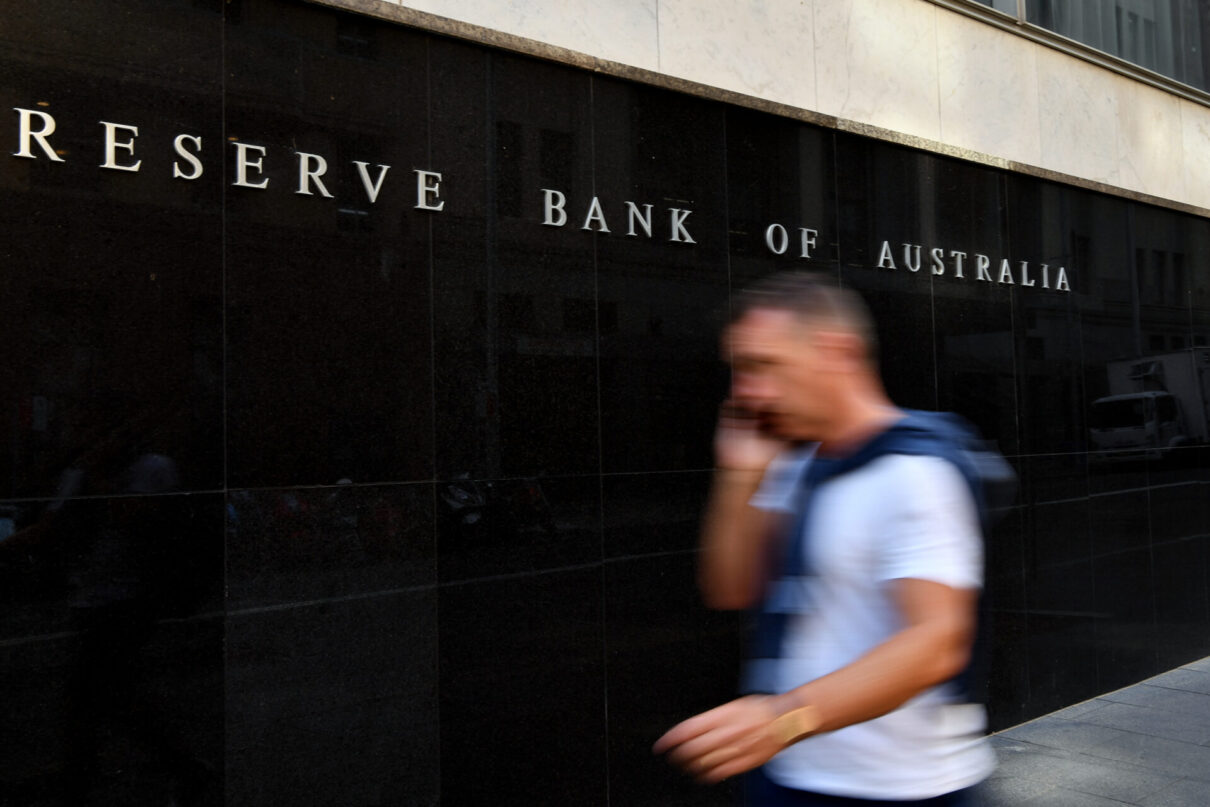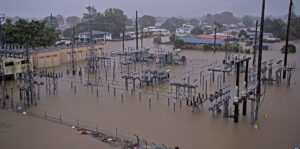The RBA made it clear one group continues to do well, and continue to spend – and they are also the ones who are about to get a massive tax cut.
The Reserve Bank’s decision to raise interest rates on Tuesday lacked any clear reasoning.
When compared with other periods such as during the mining boom, when household spending was growing fast and real wages were surging, we can see that the economy at the moment is much weaker. Households are now cutting back on luxuries as their real wages fall.
But the RBA pointed out that one group of Australians are doing OK – those with high income and wealth. Those with large savings buffers and who are also enjoying the increased wealth from rising house prices are still spending.
This is also the group who are about to be handed the biggest income tax cut in history. The Reserve Bank has made it clear that allowing Stage 3 to go forward in its current form will only fuel inflation and likely result in higher interest rates for all.
With a Reserve Bank desperate to use any excused to raise rates and slow the economy even as it already slows, the Government needs to amend the Stage 3 cuts to deliver greater benefit to low-middle income households who have suffered the most from the rising cost of living and interest rates, and less to those who are already doing well and for whom a potential $9,075 tax cut would just put more fuel on the inflation fire.
You might also like
Want to lift workers’ productivity? Let’s start with their bosses
Business representatives sit down today with government and others to talk about productivity. Who, according to those business representatives, will need to change the way they do things?
Climate crisis escalates cost-of-living pressures
A new report has found direct connections between the climate crisis and rising cost-of-living pressures. Failure to lower emissions now will only aggravate the crisis, with each moment of inaction compounding the pressure on households.
Go Home On Time Day 2025. As full timers disconnect, part timers are doing more unpaid overtime
New research by the Centre for Future Work at The Australia Institute has revealed a disturbing new twist when it comes to unpaid overtime in Australia.



